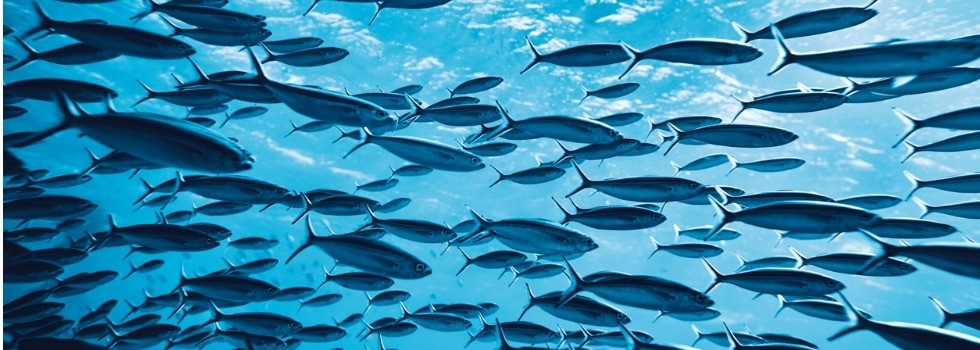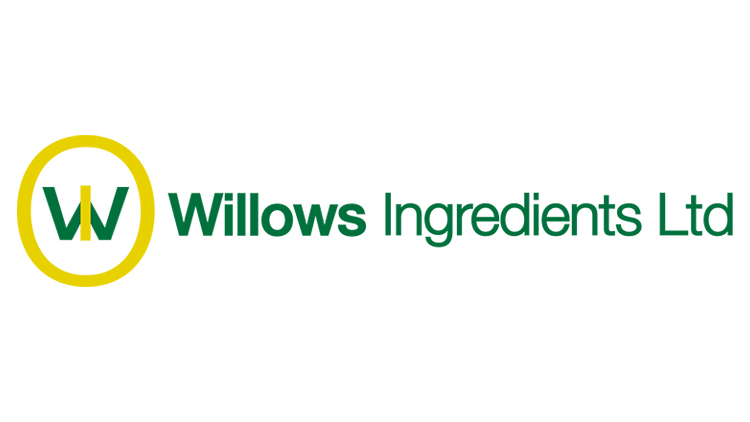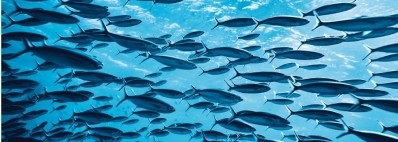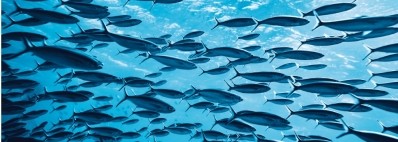Promotional Features
How traceable single sourcing ensures the consistency of collagen supplies
How traceable single sourcing ensures the consistency of collagen supplies
Sourcing consistent collagen is a challenge for nutraceutical companies. With marine collagen suppliers blending different species of fish to create their ingredients, the consistency, viscosity, and taste profile of their products varies from batch to batch and year to year. There is a better way, though. By working with a freshwater fish farm, Willows Ingredients is bringing traceable single sourcing to collagen supply.
Collagen, a protein used in joint and skin health products, is found in the bones and skin of animals and fish. While suppliers can get collagen from bovine or porcine sources, a growing number of consumers are seeking out marine collagen for reasons such as dietary considerations.1 The changes to consumer preferences have led to predictions that marine collagen will be the fastest-growing source of the protein through to 2028.2
The trend is creating some challenges for nutraceutical companies. Collagen is present in a wide variety of marine life, from shark and tuna, to jellyfish and sponges, and in a range of different parts of the body including bone, skin, scale, and cartilage. That allows marine collagen suppliers to make use of discarded parts of fish caught for food but introduces variability into the supply chain.
Collagen’s amino acid composition varies between species, and factors including the age and diet of the fish also affect the properties of the protein. As such, the chemical composition of the collagen changes from batch to batch, making it hard to produce nutraceuticals with consistent characteristics.
Marine collagen’s sustainability weakness
The inconsistency of marine collagen is part of a wider set of problems for nutraceutical companies. The industry also needs to contend with consumer concerns about the impact their purchases have on the marine environment.
Multiple studies have found those concerns are widespread, with one poll of 18,909 seafood consumers showing 83% of people think we need to do more to protect the seas for future generations and another survey showing a similar proportion of the public is worried about contaminants, ocean pollution, and the extinction of wild fish species.3,4
Both those surveys took place before the documentary Seaspiracy brought the topic to a much wider audience, suggesting that, if anything, they may under-represent the current level of consumer concern about the sustainability of our seas.
The evidence for consumer concern about marine sustainability is supported by broader understanding of what motivates buying decisions today. Studies have shown sustainability influences the eating habits of most consumers and the dietary supplement purchases of 69% of younger consumers.5,6 Against that backdrop, the question mark over the sustainability of marine collagen is a potential barrier to sales.
Traceability from hatchery to finished product
Willows has found a solution to the traceability, consistency, and sustainability concerns associated with marine collagen. Working with partner Vinh Wellness, Willows is offering a new type of collagen from a supply chain that is traceable from hatchery to finished product.
The product, Vinh Wellness Collagen, is made from the skin of a species of freshwater, tropical fish called Pangasius hypophthalmus. Vinh Wellness breeds, farms, and processes the fish itself in a closed-chain aquaculture system. The system enables Vinh Wellness to process fish into collagen within 24 hours and to know where and when the fish used to make a specific collagen product were harvested.
Vinh Wellness’ controlled, traceable supply chain ensures the consistency, viscosity, and taste profile of the collagen is always the same. Manufacturers can source Vinh Wellness Collagen knowing the amino acid profile, which is characterised by high concentrations of glycine, proline, and hydroxyproline, will be consistent from batch to batch, ensuring consumers experience the same effects every time.
Authorities including the Aquaculture Stewardship Council have certified the operation, which includes a modern processing plant that meets European standards and can produce pure, pharmaceutical-grade collagen peptide. Vinh Wellness is using the infrastructure to make up to 1,000 tons of collagen peptides a year for use in a range of wellness products, nutraceuticals, and cosmeceuticals.
Companies that partner with Willows to access the collagen stand to clear barriers to the growth of their collagen products. With Vinh Wellness’ traceable single sourcing eliminating sustainability concerns and ensuring uniform consistency, viscosity, and taste profile, manufacturers can deliver unchanging products that are good for people and the planet.
References
1. Silva, T. H. et al. Marine origin collagens and its potential applications. Mar. Drugs 12, 5881–5901 (2014).
2. Collagen market size, growth & analysis report, 2021-2028. https://www.grandviewresearch.com/industry-analysis/collagen-market.
3. Seafood consumers want less pollution and more fish in the sea. MSC International - English https://www.msc.org/media-centre/press-releases/press-release/seafood-consumers-want-less-pollution-and-more-fish-in-the-sea.
4. Foods, B. C. US seafood consumers conflicted over sustainable options. PR Newswire https://www.prnewswire.com/news-releases/us-seafood-consumers-conflicted-over-sustainable-options-300930386.html (2019).
5. Most EU consumers open to eat more sustainably but face hurdles, new survey shows. https://www.beuc.eu/publications/most-eu-consumers-open-eat-more-sustainably-face-hurdles-new-survey-shows/html.
6. Masterson, D. Supplement survey underscores key trends, need for consumer education. https://www.nutraingredients-usa.com/Article/2019/10/01/Supplement-survey-underscores-key-trends-need-for-consumer-education (2019).



